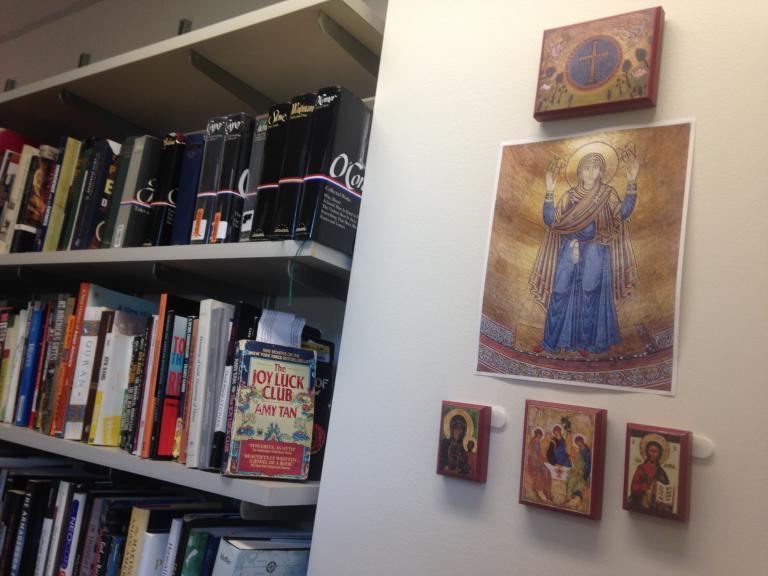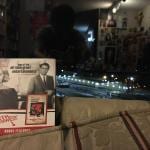
There is a dimension to scholarship that is often left undiscussed in the present milieu of quit lit and the woes of academia, and that is pleasure. Certainly, the problem of overwork and the exploitation of labour is an ever-present reality in the academy, the most famous example being a tweet from a professor somewhere in New England saying that a 60-hour work week is short for an academic, and most are logging more. Even I have experienced it, along with the accompanying problems of stress, burnout, and exhaustion.
But the truth is that there is a pleasure to scholarship, which includes all of the dimensions of research, teaching, service, and community engagement, and I think part of the reduction of what we do to the bare tasks of labour plays a role in the intellectual paralysis that so many of us experience. Like everyone else my age, I was raised in an era of neoliberalism, which means that everyone from those of my parents’ generation to mine was engaged in side hustles, seizing every opportunity, and taking life at full throttle. The problem with the work of scholarship in such an age, though, is that it is slow. Reading is slow work. So is writing. So is preparing to teach. So is walking through the intricacies of a concept or an event in a lecture, or even more laboriously, in a discussion. So is the coordination that service and community engagement take. These tasks take thought. They cannot be rushed. In fact, comments on my graduate work when I was still engaged in the mode of my youth – rushing from task to task to task, as I have been taught since high school – often noted that the ideas were good, but they could have used another editorial pass so as not to feel as rushed.
The rush, I am coming to learn, is part of the superego of neoliberalism. Consumed with activity, scholarship is often seen as last priority, which is not a problem for those whose livelihoods don’t depend on it. Mine does, and the crippling paralysis in writing and reading and social engagement that comes from giving in to the demands of this ego ideal is evidence enough in my own experience to show that there is something wrong with such a fast world. The work of scholarship is slow, and it is pleasurable, and a false asceticism thus exists in this age – whether influenced by the generation of my parents or the hustlers that are my peers or my students who have not been disabused of the futility of overwork because they have been schooled in it much more so than even I have been – that says that any work that is slow is not worth it. This, I reflect, is the source of my procrastination whenever I do it, that at least what I am procrastinating to is not nearly as fun as the intellectual joy that writing a paper, or grading or reviewing one, or preparing to craft some scholarship whether for my peers or for my students or for my community, might bring.
I realized recently that in order to be able to function in the academy, I will at last need to throw off this false asceticism, to engage with the pleasures of scholarship. It is interesting, I note, that along with such a move has come a new draw to prayer, especially in working through the Byzantine services of this Kyivan Church of ours, including in my beautiful corner as reader’s services. I will need to reflect on this development some time too; perhaps it is also because prayer is slow, but that seems like a cliché on the one hand and a little bit of a caricature on the other as I often experience the services of our church as fast-paced and dramatic. What I can probably say is that maybe I am working myself out of the false ascesis of a neoliberal order and its acts of zombie piety into a truly ascetic mode described incidentally by my patron saint, Holy Justin the Philosopher and Martyr, as the only way to engage in mystagogy, truly. If that is the case, then prayer and scholarship – and perhaps also the physical exercise that I have long needed to get back into – all go together, as well as with the cooking with which I have also been engaged. Perhaps – and this is pure speculation – part of giving in to the pleasures of scholarship is that it is rooted in the ordinary drama of everyday life, which is slower than I remember it being while I still caught in the fog of unconscientized activity. But that is only a maybe. I will need to sit with that thought for a little while longer, and part of sitting with it is that there is also something pleasurable about turning over a thought without needing to rush to conclusions, as is demanded in a world where everybody already has answers and therefore can rush to the next shiny commodity.












